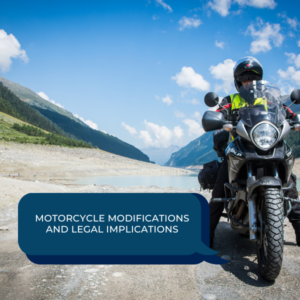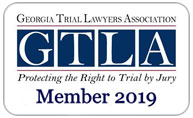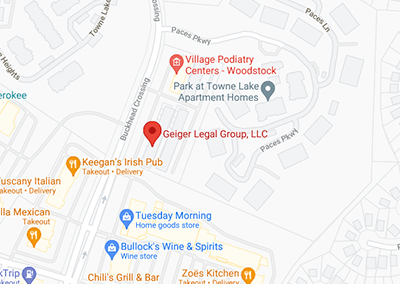Motorcycle Modifications and Legal Implications

Many motorcycle owners modify their bikes to give them a unique look or improve their performance. While owners have the right to install modifications on their motorcycles, certain modifications can have legal implications, including putting the bike out of compliance with equipment regulations or potentially affecting liability determinations in the event of an accident. Some modifications can make motorcycles less safe and more costly to insure, maintain, and repair.
Understanding Motorcycle Modifications
Some motorcycle owners install modifications on their bikes to change the motorcycle’s look or sound, improve performance, or add creature comforts or safety features. Popular aftermarket motorcycle modifications include:
- Emissions devices/exhaust pipes
- Handlebars, hand levers, and handlebar grips
- Indicators
- Chassis LED lights
- Alterations to the bike’s engine, such as higher displacement engines
- Brakes
- Reflectors
- Headlights
- Air filters
- Quick shifters
- Windshields
Although some motorcycle mods add harmless visual flair to a bike, others—like engine swaps or changes to the emissions system—can be hazardous to the environment or harder to control.
How Do Motorcycle Modifications Affect Personal Injury Claims?
Aftermarket motorcycle modifications can affect liability in the event of an accident. An insurance company may view certain motorcycle upgrades as compromising the bike’s safety, especially if those modifications fail to comply with state law requirements for motorcycle equipment.
For example, an insurer may deem a motorcyclist partially at fault for an accident if they installed high handlebars that made the motorcycle challenging to turn or performed an engine swap for a motor too powerful for the rider to control. Insurers may also view modifications as jeopardizing a bike’s safety if the rider installed the mods themselves rather than having a licensed mechanic do so, as the insurance company may deem shoddy installation work as having contributed to the motorcycle’s unsafe nature.
Protecting Yourself and Your Rights
If you choose to modify your motorcycle, you can protect your safety and your legal rights in a motorcycle accident claim by following a few critical tips:
- Ensure that all modifications meet state and federal regulations, such as requirements for handlebar height, brakes, or the location and color of lights and reflectors.
- Use modification parts made by your motorcycle’s manufacturer whenever possible. Third-party aftermarket parts may be of lower quality than parts from the original manufacturer or may not fit your motorcycle correctly. If you use third-party parts, choose a reputable manufacturer, such as one that offers warranties for its parts.
- Have a licensed mechanic install modifications to your motorcycle to ensure the work is done correctly.
- Avoid performing a motorcycle upgrade that increases the bike’s performance beyond your ability to control the bike’s handling based on your skill and experience.
Contact Our Georgia Motorcycle Accident Attorneys to Learn More
In the aftermath of a motorcycle accident, you need dedicated, experienced legal counsel who will fight to secure the financial recovery and justice you deserve. Contact Geiger Legal Group, LLC, today for a no-obligation consultation with a knowledgeable motorcycle accident attorney to discuss your legal options for free.













